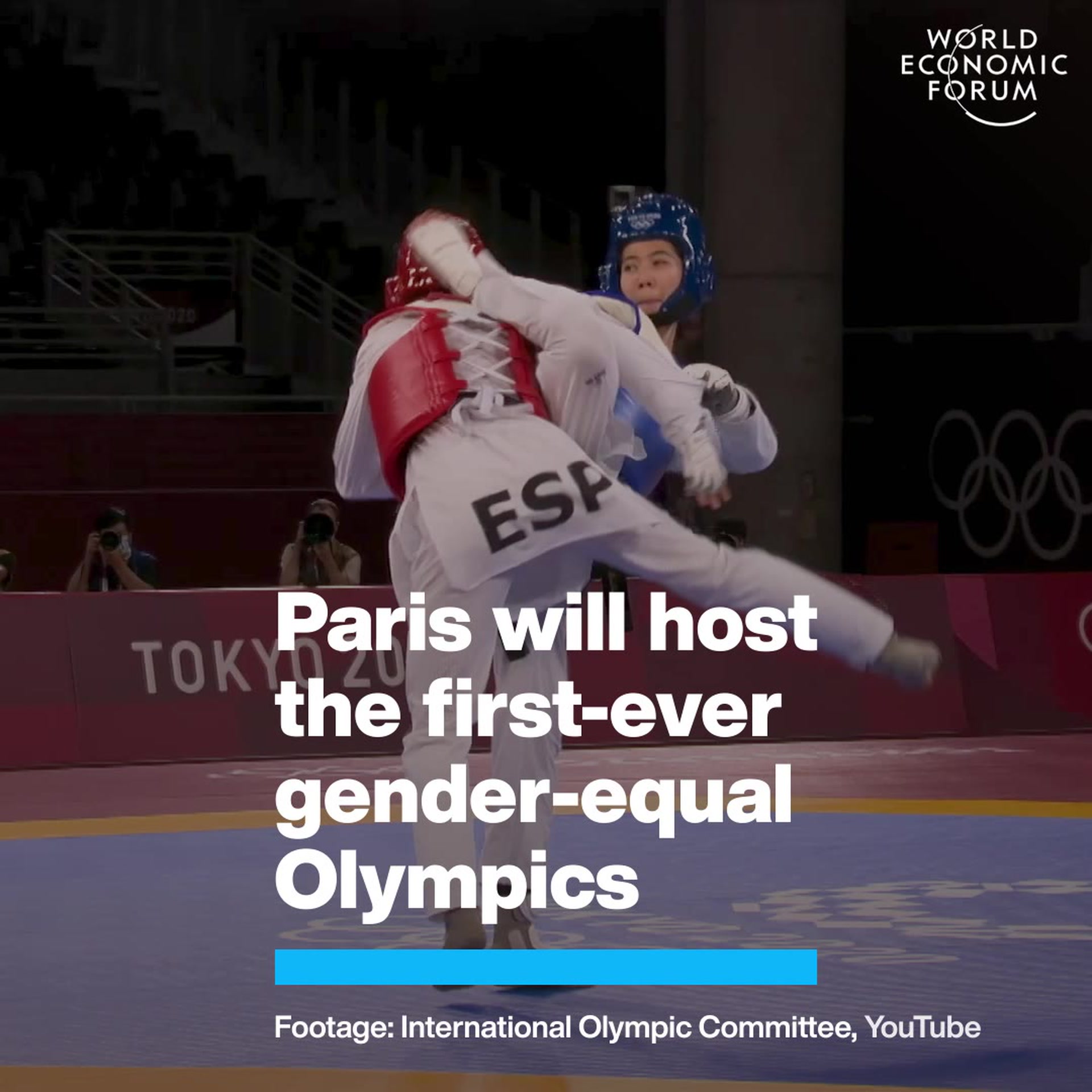How can we protect young people from cyber bullying?


Get involved with our crowdsourced digital platform to deliver impact at scale
Stay up to date:
Media, Entertainment and Sport
Every 40 seconds, somewhere in the world, someone commits suicide. The same WHO report that revealed this shocking statistic found that in most regions, suicide rates are highest among people over the age of 70. But young people are also affected. In fact, globally, suicide is the second leading cause of death in people aged between 15 and 29.
The factors that contribute to these figures are of course complex. But, at least for youth suicide, cyberbullying – the use of electronic communication such as email, social media or text messages to bully a person – plays a role.
Some research suggests young people minimize the importance of cyberbullying– preferring to dismiss gossip, mean comments and other forms of online attacks as “drama”. But the figures tell a different story. According to work carried out by the i-SAFE Foundation, 42% of kids have been victims of cyberbullying. This means that every day, thousands of young people are criticized and mocked online, pushed to their psychological limits – sometimes beyond.
It is common to hear the view that, unfortunately, this is just a reality of today’s world – that there is nothing we can do to counter the negativity we find around us, particularly in the online world of faceless and nameless “trolls”.
We don’t agree.
Earlier this year we took part in the Global Dignity Country Chair Annual Summit. The organization, whose aim is to empower young people and give them a sense of dignity, was founded in 2006 by three Young Global Leaders, and has the support of a wide range of leaders – from Richard Branson in the business sector to Archbishop Desmond Tutu in the civil society and religious sphere.
It was at this summit that we came up with the idea of launching a social media campaign to reduce negativity online. But we wanted this campaign to be different. Using insights from the behavioural sciences and the science of engagement, we knew that to have a real impact, we would need to track and reward people who took a stand against negativity. We turned to PlayMC2, an activity-tracking mobile app that rewards people with points and prizes for completing bite-sized tasks. These tasks, or “microactions”, as they’re called, can be performed by one person or by a million people, creating the foundation for globally crowdsourced action.
With the nucleus for the campaign, the right tools to back it up and the pro bono support of ad agency BBDO, led by its chief executive John B. Osborn, another Young Global Leader, the Less. More. campaign was born. It launched in 68 countries last September.
Through a variety of creative, emoticon-laden Facebook posts, tweets, posters and a video, the campaign exposes some of the cruel yet often subtle ways bullying happens online. Some examples that have been highlighted include the use of #sns (sorry not sorry) or #smh (shaking my head) to convey sarcasm and make fun of others.
The campaign has so far been well received, with young people everywhere sharing their #dignity microactions. We have even had the support of Interpeace, a peace-building organization, which launched its own globally crowdsourced #peace campaign on PlayMC2 during the Geneva Peace Talks at the United Nations last September. The campaign, which runs through to Remembrance Day, is calling on people to carry out small acts of peace and share them on social media using the campaign hashtag.
Now we’re handing it over to you to help us spread dignity and positivity online by sharing your microactions. Being able to lead a dignified life and empowering others to do so should be our default mode – and we can do it, one microaction at a time.
Authors: Giovanna Mingarelli is chief executive officer and co-founder of PlayMC2 ; she is a Global Shaper and a country chair for Global Dignity. Olivier Oullier is a professor of behavioural and brain sciences at Aix-Marseille University and the co-founder of The Science of Communication; he is a Young Global Leader and a country chair for Global Dignity.
Don't miss any update on this topic
Create a free account and access your personalized content collection with our latest publications and analyses.
License and Republishing
World Economic Forum articles may be republished in accordance with the Creative Commons Attribution-NonCommercial-NoDerivatives 4.0 International Public License, and in accordance with our Terms of Use.
The views expressed in this article are those of the author alone and not the World Economic Forum.
The Agenda Weekly
A weekly update of the most important issues driving the global agenda
You can unsubscribe at any time using the link in our emails. For more details, review our privacy policy.
More on Media, Entertainment and SportSee all
Victoria Masterson
April 5, 2024
Jesus Serrano
March 7, 2024
John Letzing
March 5, 2024
Spencer Feingold
March 4, 2024






